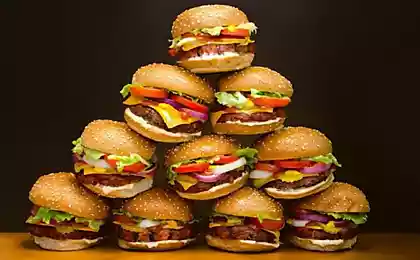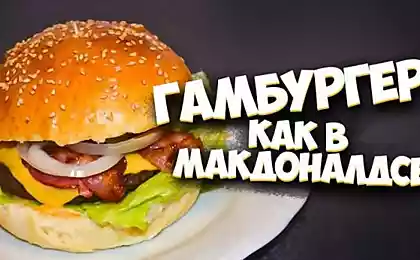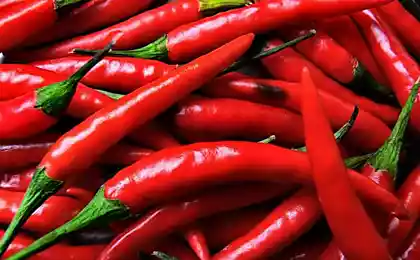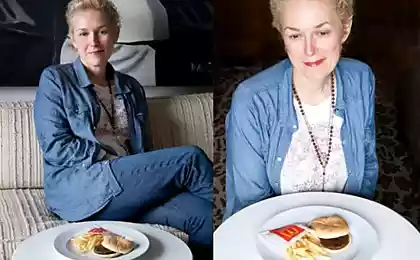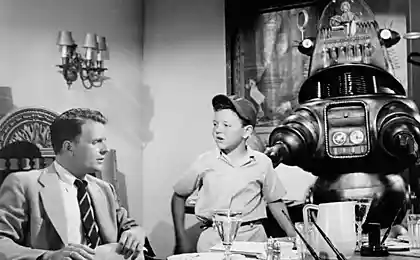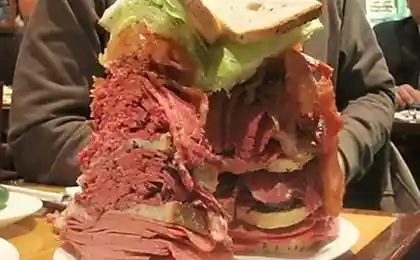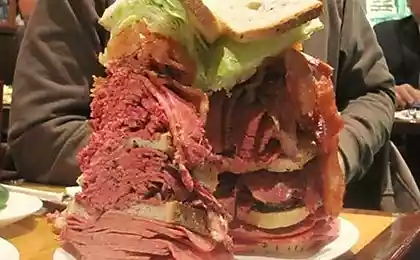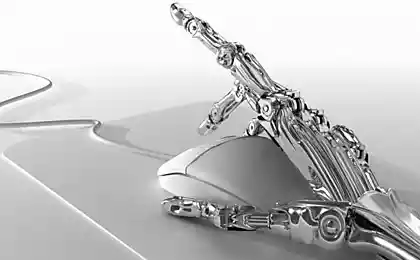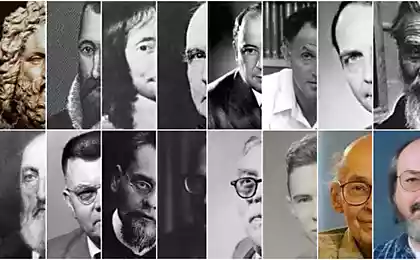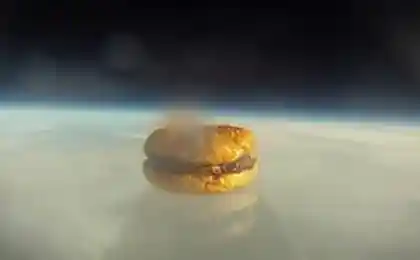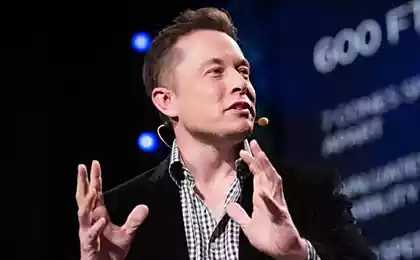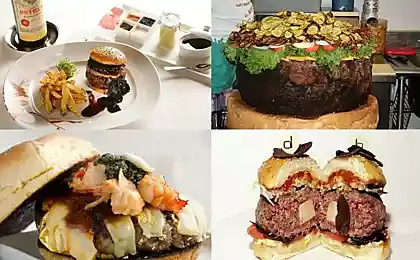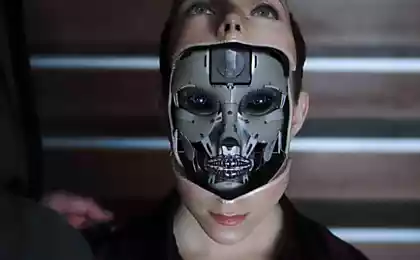655
The world's first artificial burger (8 photos)
August 5 in London have demonstrated the world's first artificial burger. Meat for it was obtained from the stem cells at the University of Maastricht, Holland. The researchers made the cells in cow muscle and made mincemeat of her.
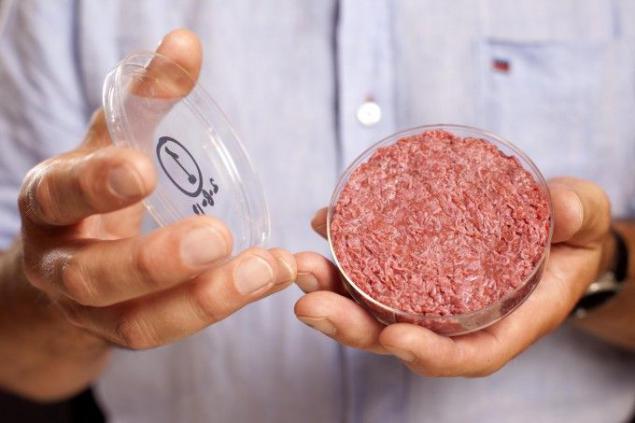
The first dish tasted the famous Austrian nutritionist Hanni Ruttsler (Hanni Ruetzler) and an American journalist Shonvald Josh (Josh Schonwald). The Braves have admitted that the meat is not much different from the original.
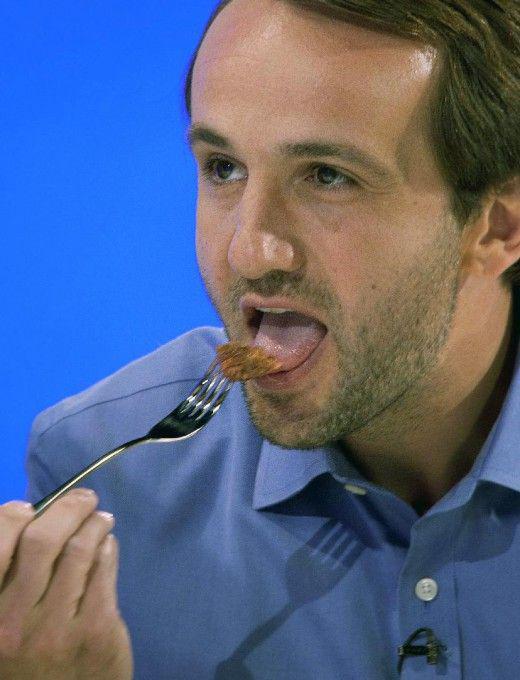
For flavor burger meat with flour mixed with egg and bread crumbs. Natural colors give using saffron and beet juice. The expert Hanni Ruttsler, tried, said that close to the taste of the meat, but not identical, and lamented the lack of salt and pepper.
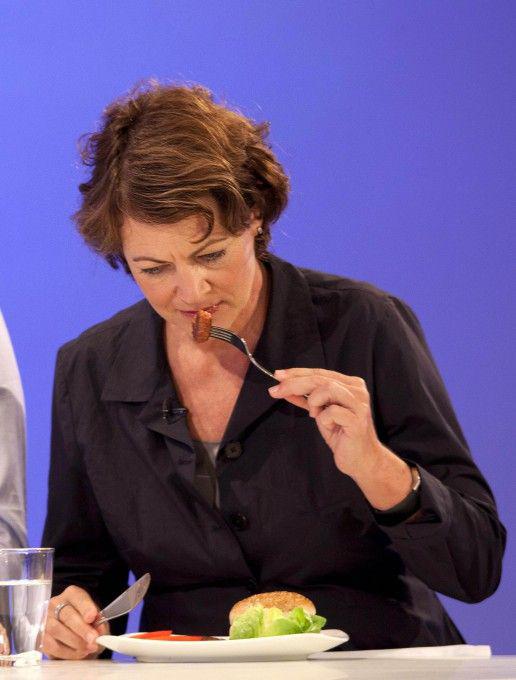
When Miss Ruttsler finished her hamburger, she changed her mind, saying that it is all the same meat, but with a slightly different taste. And Josh Shonvald expert noted that the taste - it is a natural burger, but complained about the lack of fat. In addition, both experts said that by this hamburger this is different odor.
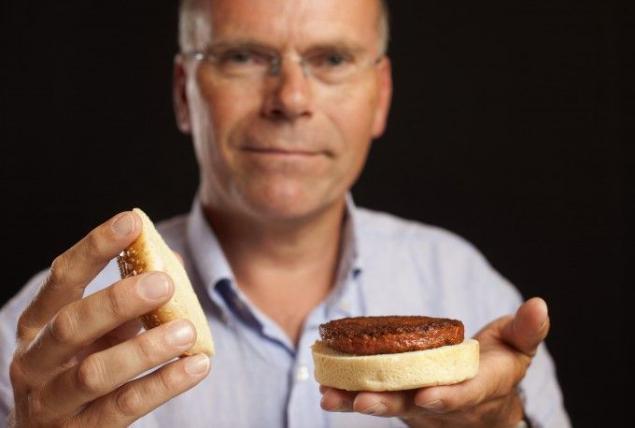
Note that for the preparation of artificial hamburger weighing 140 grams it took 3 months, and its cost exceeded 250 million euros.
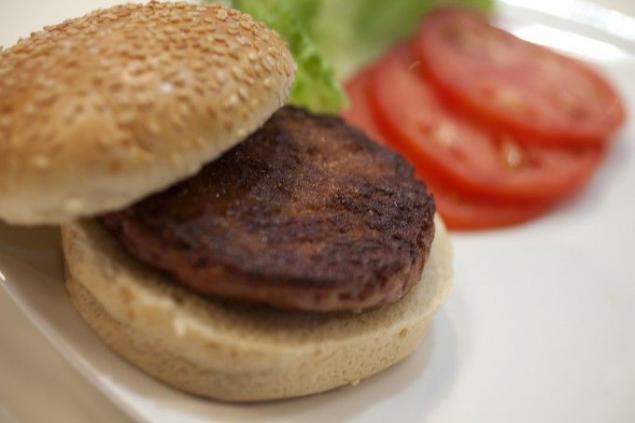
Artificial burger was specifically for the press conference, renowned chef Richard McGowan of Cornwall.
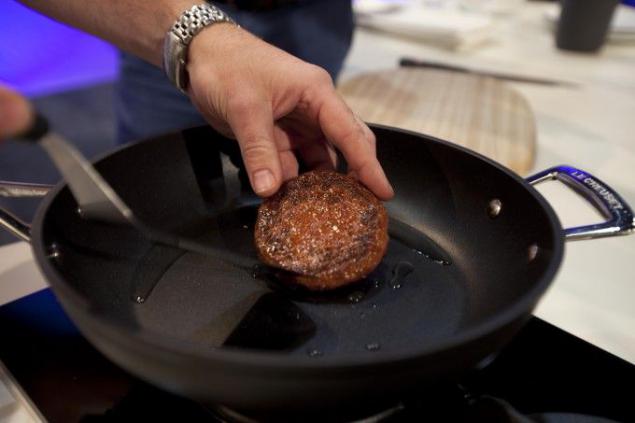
According to the scientists, their use of technology could help solve a worldwide problem, as growth in demand for meat food products.
Sponsor of the project was co-founder of the search engine Google, a scientist in the field of computer technology, information technology and economics Sergey Brin. To date, the project has already spent 250,000 euros ($ 330,000).
For the production of the first artificial hamburger were used stem cells obtained from a cow in a biopsy. Then, scientists from the University of Maastricht in the three months grew 20 thousand muscle fibers, compressed them and have made mincemeat.
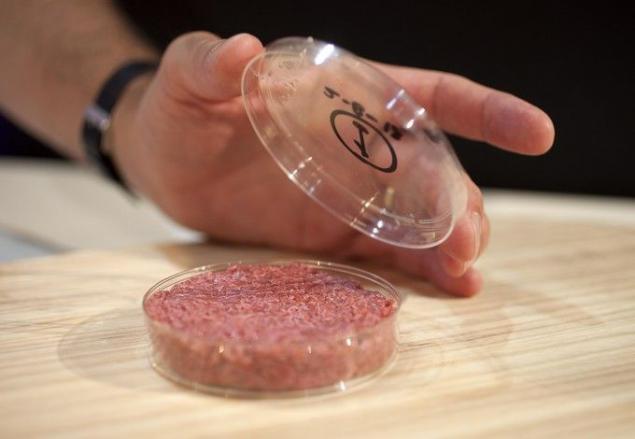
According to the creator of artificial meat Mark Post, commercial sales of hamburgers will begin in 10-20 years.
- The use of cows for meat production is very inefficient. In order to form 15 grams of animal protein, it is necessary to feed a cow 100 grams of vegetable protein. For the maintenance of the animals takes a lot of food - said the scientist.
According to the Food and Agriculture Organization, the world food crisis is brewing. According to expert estimates, the consumption of meat in the near future will grow by more than two-thirds.
The developer of the new product believes that his work will help solve the shortage of meat and will be enjoyed by most consumers.
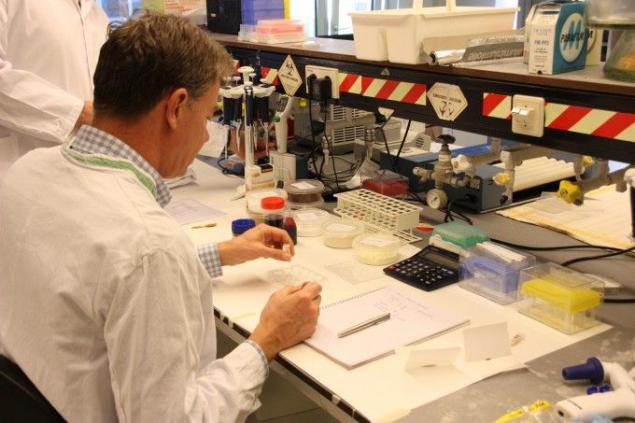

The first dish tasted the famous Austrian nutritionist Hanni Ruttsler (Hanni Ruetzler) and an American journalist Shonvald Josh (Josh Schonwald). The Braves have admitted that the meat is not much different from the original.

For flavor burger meat with flour mixed with egg and bread crumbs. Natural colors give using saffron and beet juice. The expert Hanni Ruttsler, tried, said that close to the taste of the meat, but not identical, and lamented the lack of salt and pepper.

When Miss Ruttsler finished her hamburger, she changed her mind, saying that it is all the same meat, but with a slightly different taste. And Josh Shonvald expert noted that the taste - it is a natural burger, but complained about the lack of fat. In addition, both experts said that by this hamburger this is different odor.

Note that for the preparation of artificial hamburger weighing 140 grams it took 3 months, and its cost exceeded 250 million euros.

Artificial burger was specifically for the press conference, renowned chef Richard McGowan of Cornwall.

According to the scientists, their use of technology could help solve a worldwide problem, as growth in demand for meat food products.
Sponsor of the project was co-founder of the search engine Google, a scientist in the field of computer technology, information technology and economics Sergey Brin. To date, the project has already spent 250,000 euros ($ 330,000).
For the production of the first artificial hamburger were used stem cells obtained from a cow in a biopsy. Then, scientists from the University of Maastricht in the three months grew 20 thousand muscle fibers, compressed them and have made mincemeat.

According to the creator of artificial meat Mark Post, commercial sales of hamburgers will begin in 10-20 years.
- The use of cows for meat production is very inefficient. In order to form 15 grams of animal protein, it is necessary to feed a cow 100 grams of vegetable protein. For the maintenance of the animals takes a lot of food - said the scientist.
According to the Food and Agriculture Organization, the world food crisis is brewing. According to expert estimates, the consumption of meat in the near future will grow by more than two-thirds.
The developer of the new product believes that his work will help solve the shortage of meat and will be enjoyed by most consumers.



